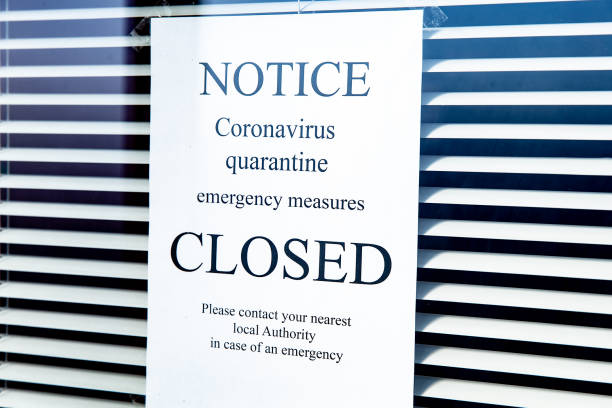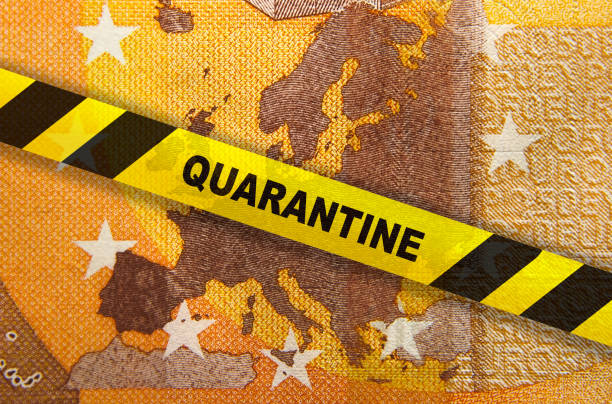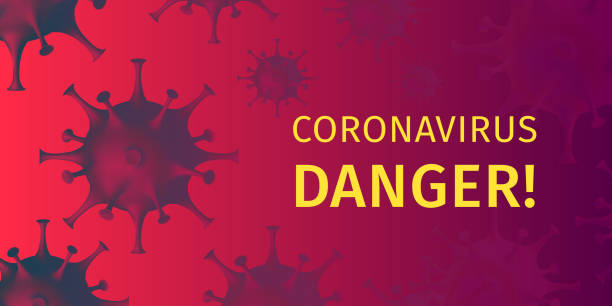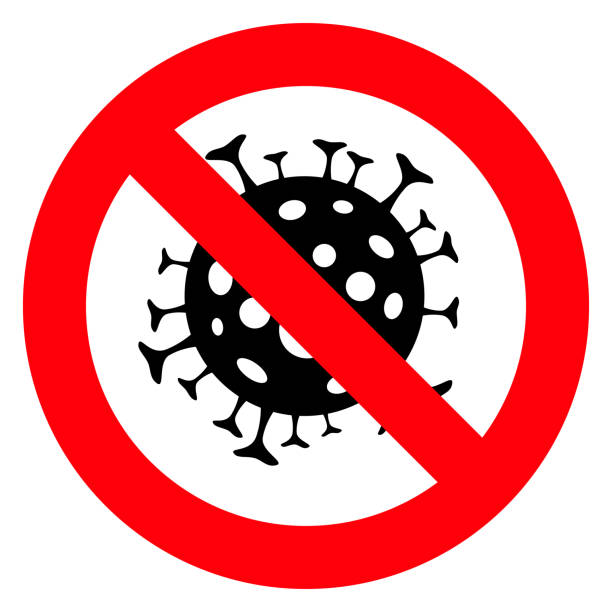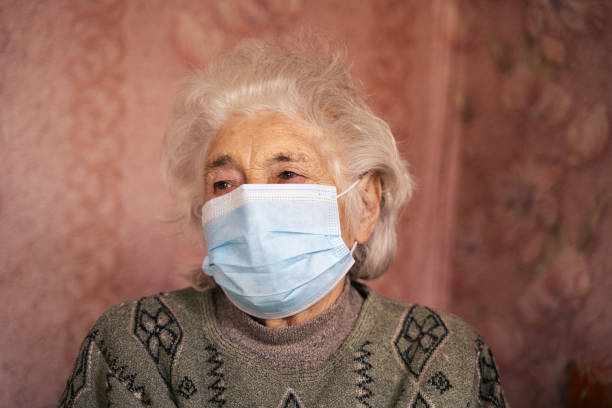Title: Navigating the Coronavirus Landscape in NJ: Challenges and Resilience
In early 2020, a novel coronavirus known as SARS-CoV-2 emerged, swiftly spreading across the globe and leaving a trail of unprecedented challenges in its wake. The state of New Jersey (NJ), like many other regions, found itself grappling with the complexities of the pandemic. From the initial shockwaves to the ongoing efforts at recovery, the story of coronavirus in NJ is one of resilience, innovation, and community.
The Initial Wave and Response
As news of the virus's rapid transmission and severe health impacts reached NJ, the state's leadership swiftly mobilized to protect its residents. Governor Phil Murphy declared a state of emergency in March 2020, launching a series of measures aimed at curtailing the virus's spread. Schools shifted to remote learning, non-essential businesses closed their doors, and residents were encouraged to stay at home. These early actions were instrumental in "flattening the curve" and preventing a healthcare system overload.
Healthcare Strain and Adaptation
NJ's healthcare system faced unprecedented challenges during the initial wave. Hospitals were strained as they grappled with an influx of COVID-19 patients, shortages of personal protective equipment (PPE), and the need to quickly adapt to new treatment protocols. The state's medical professionals displayed remarkable dedication and courage, working tirelessly on the frontlines to save lives.
Community solidarity came to the forefront as individuals and organizations rallied to provide much-needed support. Volunteer groups sewed masks, local distilleries produced hand sanitizers, and neighbors helped the elderly and vulnerable with grocery shopping. The crisis underscored the importance of communal cooperation in times of adversity.
Economic Impact and Recovery
The economic fallout of the pandemic was deeply felt across NJ. Job losses surged as businesses, particularly in the hospitality and retail sectors, faced closures or severe capacity restrictions. The state government worked to provide economic relief through unemployment benefits, small business grants, and financial assistance programs. The pandemic also accelerated the shift toward remote work, reshaping the way many industries operate.
NJ's famed cultural scene was also hit hard, with theaters, museums, and live music venues shutting down to prevent large gatherings. Virtual events and online experiences emerged as a way to keep the arts alive and engaged with the community.
Vaccination Campaign and Progress
The breakthrough moment came with the development of vaccines. NJ, like the rest of the country, launched an ambitious vaccination campaign in late 2020. Mass vaccination centers were established, and distribution efforts aimed to prioritize vulnerable populations. Public health campaigns addressed vaccine hesitancy and misinformation.
The vaccines proved to be a turning point, gradually allowing society to reopen and rebuild. However, challenges such as equitable distribution and addressing disparities in vaccine access remained focal points of the recovery process.
Looking Forward with Caution
As NJ and the world entered the post-vaccination phase, cautious optimism prevailed. The lessons learned from the pandemic underscored the importance of preparedness and collaboration. Remote work became a long-term option for many companies, and the healthcare system underwent reforms to bolster its resilience against future crises.
NJ's experience with the coronavirus highlighted the significance of scientific advancements and the power of unity. The pandemic also exposed the digital divide, prompting efforts to bridge the gap in internet access and digital literacy.
Conclusion: Resilience in the Face of Adversity
The coronavirus pandemic presented NJ with unprecedented challenges, testing the resilience of its communities, healthcare system, and economy. The initial shockwaves led to rapid responses, with widespread cooperation and solidarity playing a pivotal role. The state navigated the storm with innovative solutions, adapting to remote work, virtual interactions, and digital healthcare.
NJ's experience serves as a reminder that even in the darkest of times, the human spirit can prevail. As the state looks ahead, the lessons learned from this crisis will undoubtedly shape its approach to healthcare, emergency preparedness, and community support for years to come. The journey through the coronavirus landscape was marked by challenges, but NJ's resilience and determination ultimately led the way toward a brighter future.
In early 2020, a novel coronavirus known as SARS-CoV-2 emerged, swiftly spreading across the globe and leaving a trail of unprecedented challenges in its wake. The state of New Jersey (NJ), like many other regions, found itself grappling with the complexities of the pandemic. From the initial shockwaves to the ongoing efforts at recovery, the story of coronavirus in NJ is one of resilience, innovation, and community.
The Initial Wave and Response
As news of the virus's rapid transmission and severe health impacts reached NJ, the state's leadership swiftly mobilized to protect its residents. Governor Phil Murphy declared a state of emergency in March 2020, launching a series of measures aimed at curtailing the virus's spread. Schools shifted to remote learning, non-essential businesses closed their doors, and residents were encouraged to stay at home. These early actions were instrumental in "flattening the curve" and preventing a healthcare system overload.
Healthcare Strain and Adaptation
NJ's healthcare system faced unprecedented challenges during the initial wave. Hospitals were strained as they grappled with an influx of COVID-19 patients, shortages of personal protective equipment (PPE), and the need to quickly adapt to new treatment protocols. The state's medical professionals displayed remarkable dedication and courage, working tirelessly on the frontlines to save lives.
Community solidarity came to the forefront as individuals and organizations rallied to provide much-needed support. Volunteer groups sewed masks, local distilleries produced hand sanitizers, and neighbors helped the elderly and vulnerable with grocery shopping. The crisis underscored the importance of communal cooperation in times of adversity.
Economic Impact and Recovery
The economic fallout of the pandemic was deeply felt across NJ. Job losses surged as businesses, particularly in the hospitality and retail sectors, faced closures or severe capacity restrictions. The state government worked to provide economic relief through unemployment benefits, small business grants, and financial assistance programs. The pandemic also accelerated the shift toward remote work, reshaping the way many industries operate.
NJ's famed cultural scene was also hit hard, with theaters, museums, and live music venues shutting down to prevent large gatherings. Virtual events and online experiences emerged as a way to keep the arts alive and engaged with the community.
Vaccination Campaign and Progress
The breakthrough moment came with the development of vaccines. NJ, like the rest of the country, launched an ambitious vaccination campaign in late 2020. Mass vaccination centers were established, and distribution efforts aimed to prioritize vulnerable populations. Public health campaigns addressed vaccine hesitancy and misinformation.
The vaccines proved to be a turning point, gradually allowing society to reopen and rebuild. However, challenges such as equitable distribution and addressing disparities in vaccine access remained focal points of the recovery process.
Looking Forward with Caution
As NJ and the world entered the post-vaccination phase, cautious optimism prevailed. The lessons learned from the pandemic underscored the importance of preparedness and collaboration. Remote work became a long-term option for many companies, and the healthcare system underwent reforms to bolster its resilience against future crises.
NJ's experience with the coronavirus highlighted the significance of scientific advancements and the power of unity. The pandemic also exposed the digital divide, prompting efforts to bridge the gap in internet access and digital literacy.
Conclusion: Resilience in the Face of Adversity
The coronavirus pandemic presented NJ with unprecedented challenges, testing the resilience of its communities, healthcare system, and economy. The initial shockwaves led to rapid responses, with widespread cooperation and solidarity playing a pivotal role. The state navigated the storm with innovative solutions, adapting to remote work, virtual interactions, and digital healthcare.
NJ's experience serves as a reminder that even in the darkest of times, the human spirit can prevail. As the state looks ahead, the lessons learned from this crisis will undoubtedly shape its approach to healthcare, emergency preparedness, and community support for years to come. The journey through the coronavirus landscape was marked by challenges, but NJ's resilience and determination ultimately led the way toward a brighter future.
